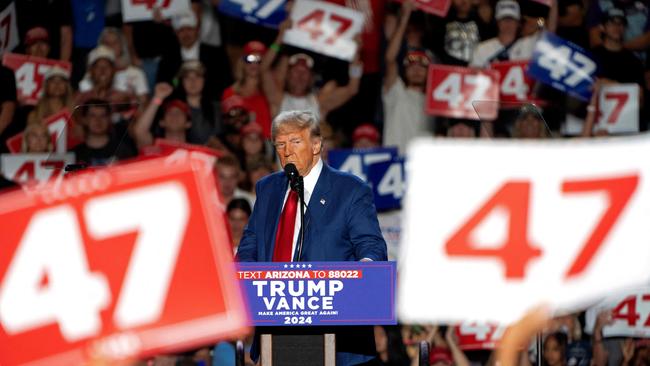
Nights such as this have become known as Brexit moments, after the 2016 British referendum when the BBC kept viewers waiting until 4.40am for the declaration, eight hours after the early result from Sunderland had signalled game over.
Brexit moments are inflection points in a nation’s cultural and political life. Experts are dumbfounded, conventional wisdom overturned and common sense allowed breathing space, at least for a while. Brexit moments signal a shift in the power balance towards the “deplorables” but fall short of total victory. The elite forces have a propensity to regroup and devise more clever words to give cover to their next cultural offensive.
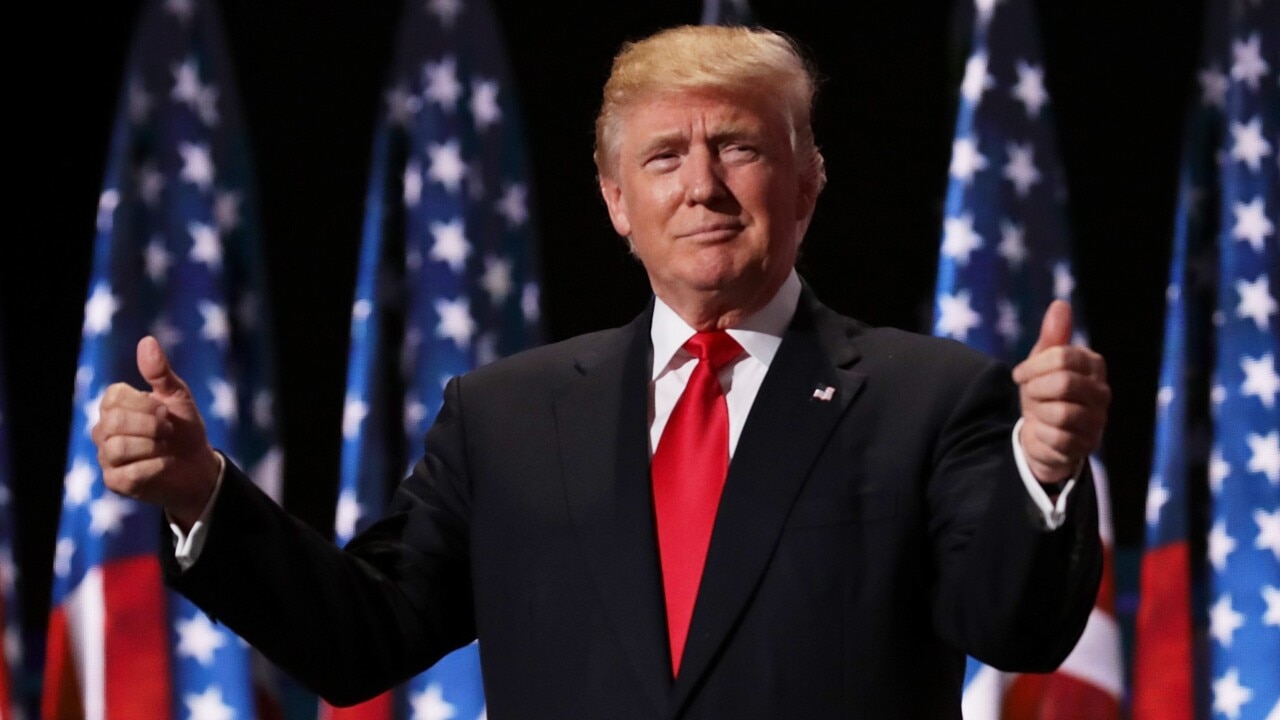
So while conservatives can indulge in election night schadenfreude, it’s no time to relax. The next woke assault is almost certainly in an advanced stage of preparation. They must take advantage of the momentum and go on the attack before their advantage is reversed.
The presidential election was held on the eve of the 25th anniversary of Australia’s republic referendum, one of the earliest and most decisive populist revolts of modern times. Anthony Albanese’s decision to drop his proposal for another vote testifies to the power of conservatives to win the battle of ideas when they stick to the task.
On Friday, John Howard told a gathering of Australians for Constitutional Monarchy: “I don’t think we’ll have a referendum on this issue in my lifetime.” It’s hard to imagine the former prime minister being obliged to eat his words.
Yet from the early 1990s until the eve of the 1999 referendum, a transition was regarded as a fait accompli by Australia’s presumptive ruling class.
Paul Keating visited Balmoral in September 1993 when he warned Queen Elizabeth that a republic was inevitable. Every Australian newspaper, including this one, barracked for the Yes campaign. Jason Morrison’s report from the tallyroom for 2GB, which was played to the audience on Friday, gives a flavour of the night.
“Even this morning, The Australian newspaper and the Sydney Morning Herald had tipped a double win for yes,” Morrison reported. “Both were wrong … constitutional monarchists won this argument against an onslaught from the republican camp involving celebrities and marketing campaigns. But on this historic night, the status quo remains.”
Alan Jones’s Breakfast Show, then on 2UE, was one of the few forums where the monarchists could expect a fair hearing. “It is an elitist debate,” Jones told Friday night’s gathering. “It’s a debate prefaced and predicated on the notion that a few people know better than the ordinary Australian. Whenever ordinary Australians are given a vote in any of this, they will vote emphatically no.”
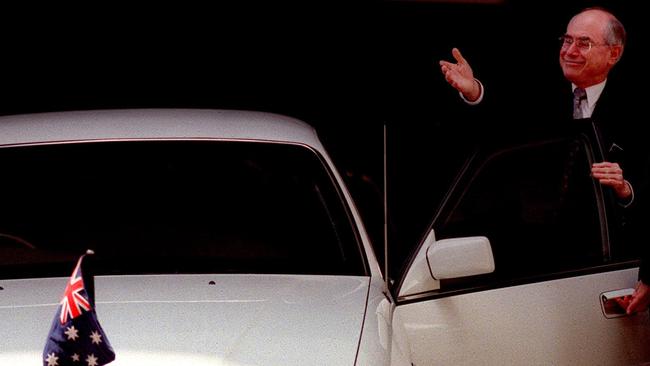
The 1999 referendum was a pre-Brexit Brexit moment, a defiant rejection of a woke cause long before the word had been invented. It was the conflict of visions described by Thomas Sowell in his 1995 book, The Vision of the Anointed, a dispute between those who flatter themselves as thinking people and the pragmatic, patriotic citizens they despise.
The Brexit vote, the rejection of the voice referendum and the defeats of Hillary Clinton and Kamala Harris are skirmishes in the same war. These national debates resonate across the Anglosphere, which explains why our ABC denounces Trump with the same degree of passion it uses to condemn Scott Morrison or Peter Dutton.
The Prime Minister’s terminal inability to rise above his character failings has raised conservative hopes that the next Brexit moment may be a matter of months away. Trump’s victory in the US has raised conservative morale. The Opposition Leader will benefit vicariously if the president-elect can shift the agenda on issues such as climate change, energy, inflation and immigration.
While the economy and strong borders were the headline issues, Trump’s skirmishes into the culture war mattered, too. In the closing weeks of the campaign, team Trump rolled out political ads attacking Harris’s support for transgender rights with the tagline: “Kamala’s For They/Them. President Trump is for you.”
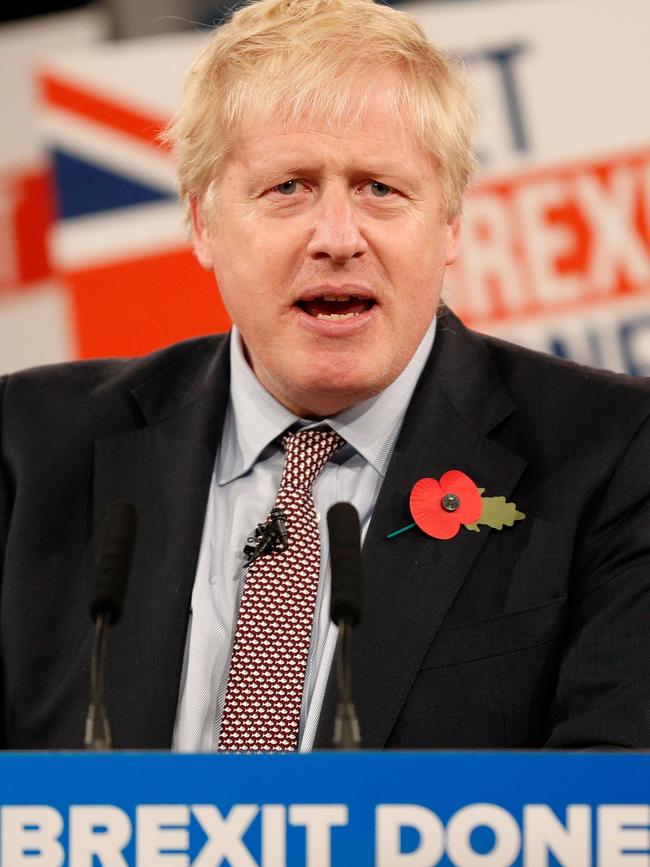
The Harris campaign had banked on turning abortion into the main social issue. Yet, as The Wall Street Journal reported last week, the transgender issue got more traction. It simmered below the surface, circulating on social media, largely unreported by the mainstream press.
The good news for the Coalition is that Labor intends to copy almost everything in the disastrous Democrat campaign, from choreographed glee clubs staged for the cameras to forgiveness of student loans. It will attempt to wedge the opposition on abortion as it did in Queensland by conflating the duty of care for babies born alive with women’s rights. Dutton has warned Coalition candidates to avoid falling into the trap but that may not be enough given the left’s determination to frame conservatives as mad.
The Liberal Party’s strategists will rightly urge caution on the fraught issue of transgenderism. Yet they can take courage from the evidence that the transgender lobby is collapsing under the burden of its extremism. The instinct of most Australians to respect their fellow citizens equally has been exploited by a pernicious campaign to overturn the social order, weaken familial bonds and judge people by the colour of their wristband rather than their character.
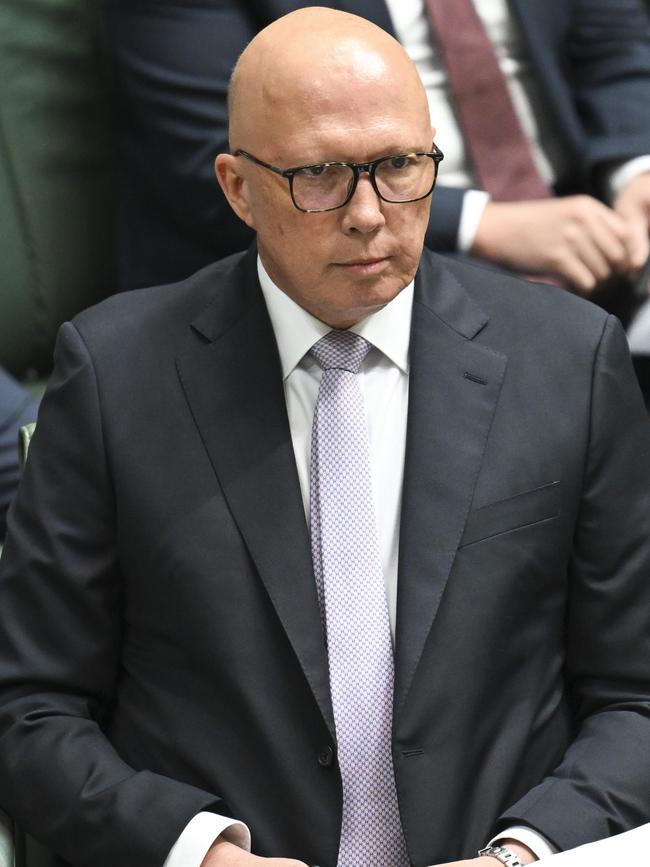
If Dutton were to take a stand against the participation of biological males in women’s sports, the right of biological women to separate spaces, the transgender surgery industry or transgender propaganda in schools, he should be ready for the usual pile-on.
He can be sure, however, that he is on the right side of the argument, outside the inner metropolitan bubble. The wide-eyed transgender zealots know they cannot win the popular vote, which is why they resort to silencing and censorship.
In a referendum to change the definition of a woman from one based on biology to one based on gender, there can be little doubt the No vote would win decisively.
Nick Cater is a senior fellow at the Menzies Research Centre.



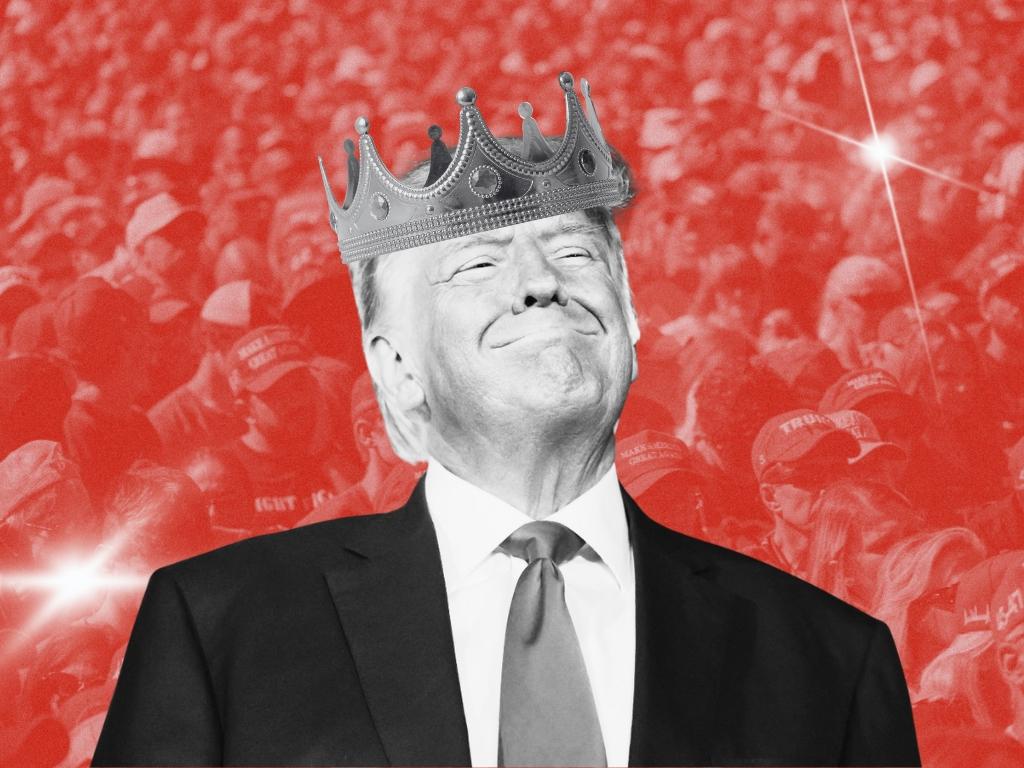


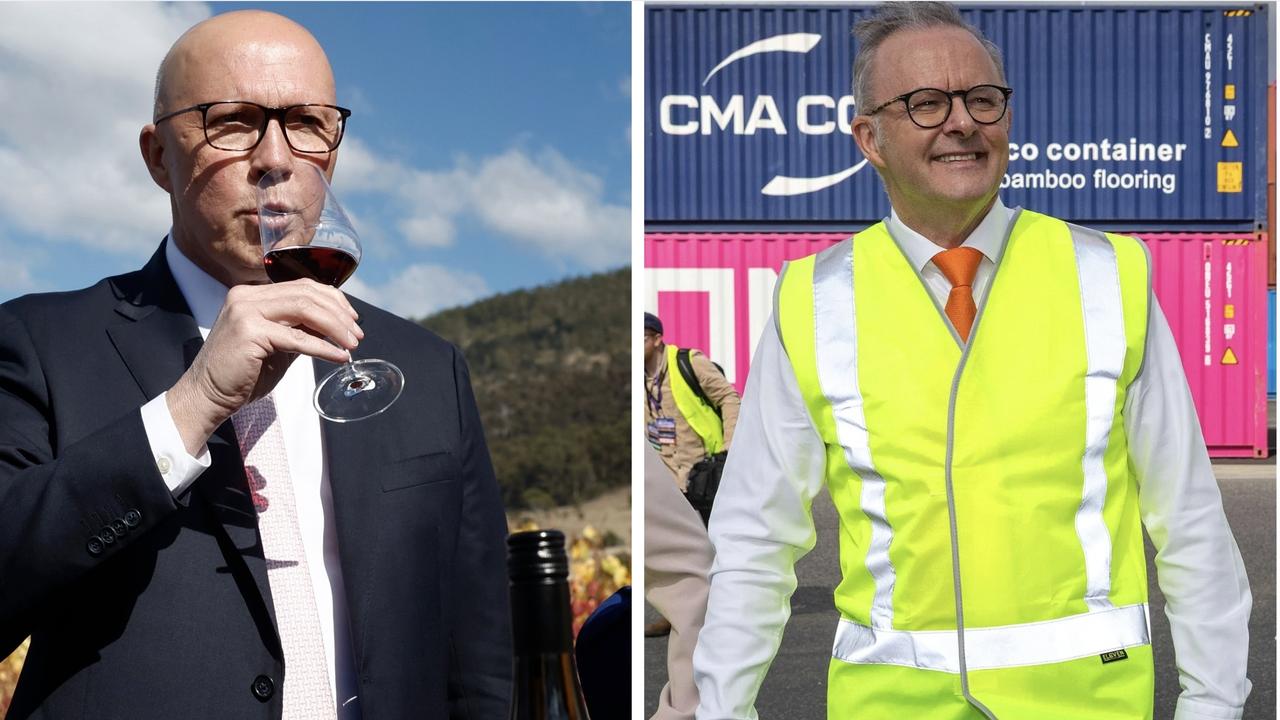
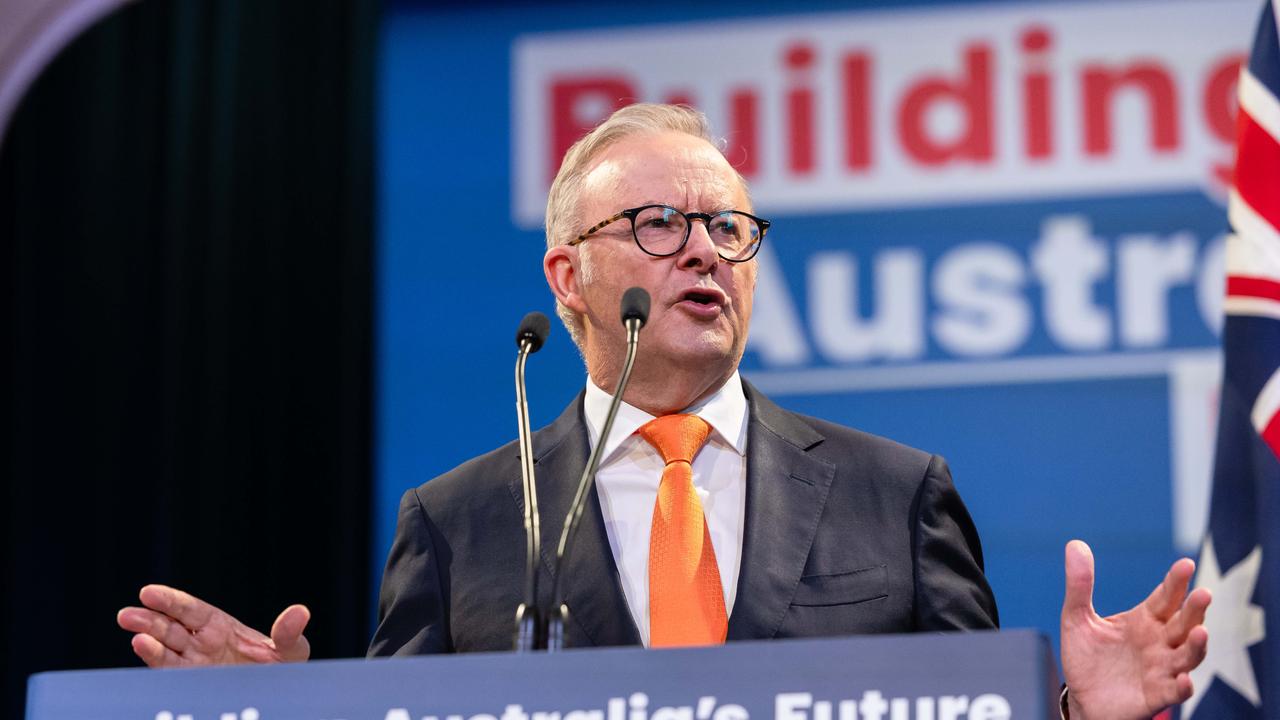
CNN viewers were obliged to wait until 5.30am US eastern time on Wednesday (9.30pm AEDT) for the winner of the presidential election to be declare, 3½ hours after Donald Trump’s victory was announced on Fox News. CNN’s reluctance to call the result earlier was no reflection of the closeness of the race. Trump’s victory in 2016 was less emphatic but the news channel’s declaration was only 73 minutes behind Fox News.